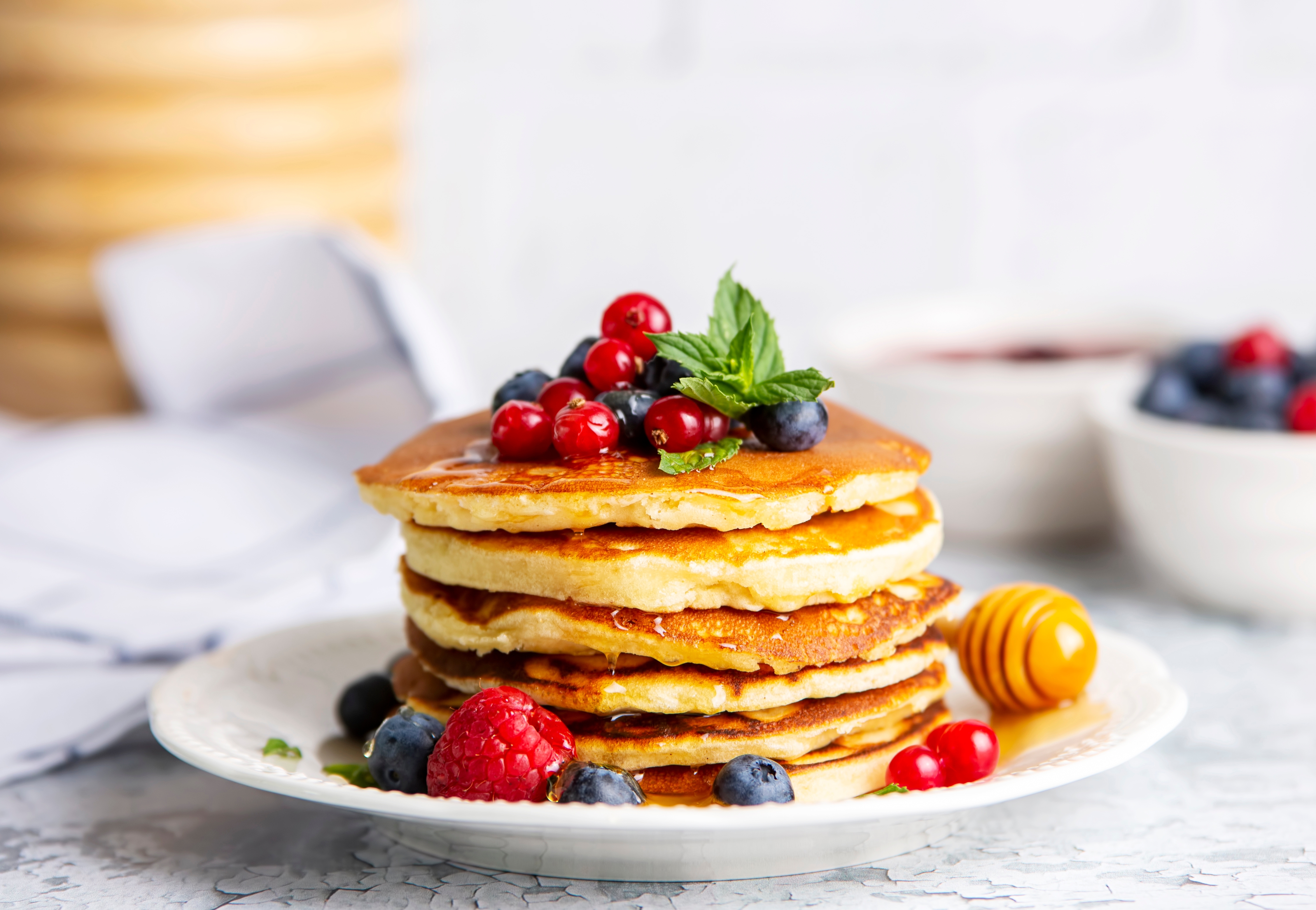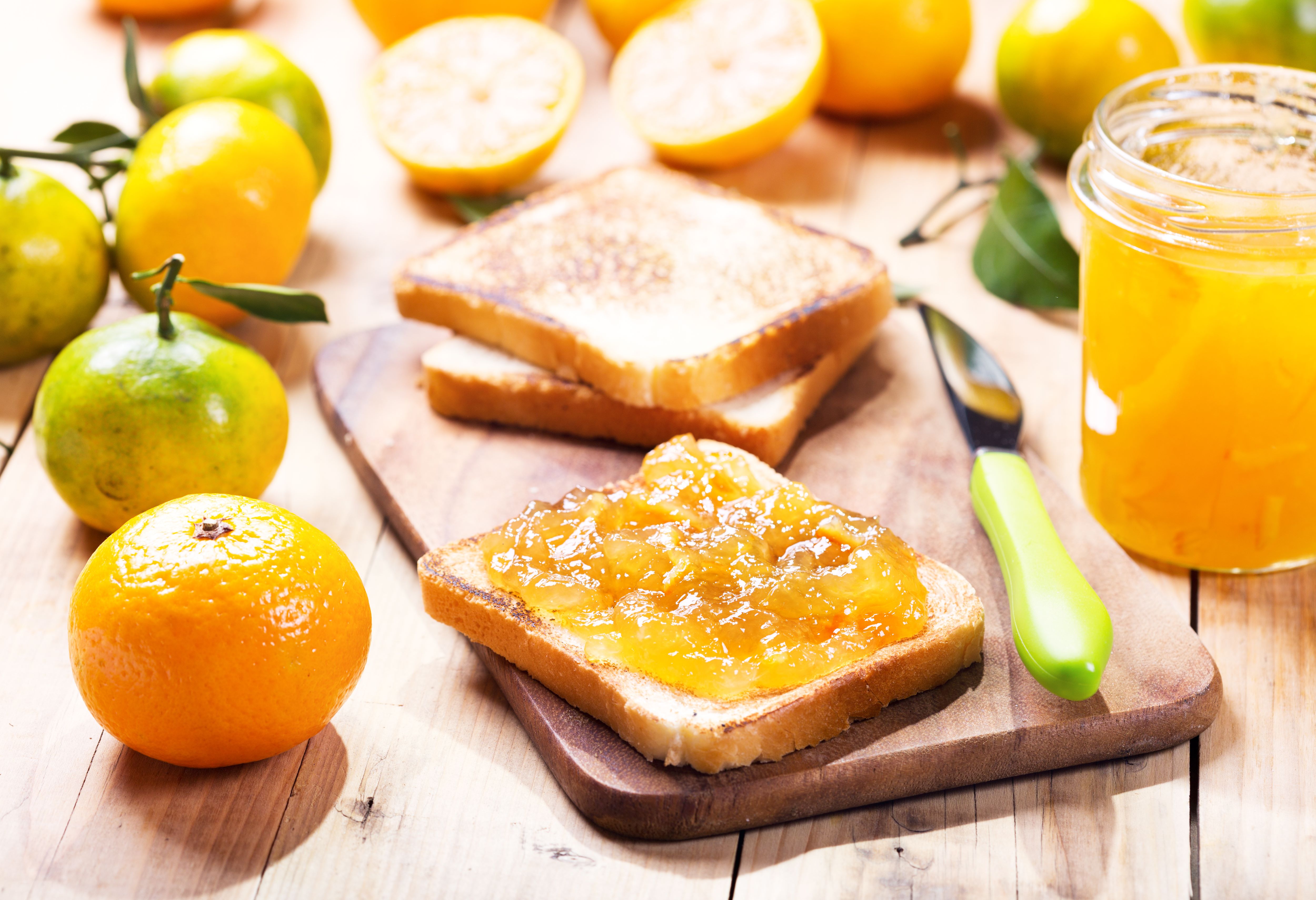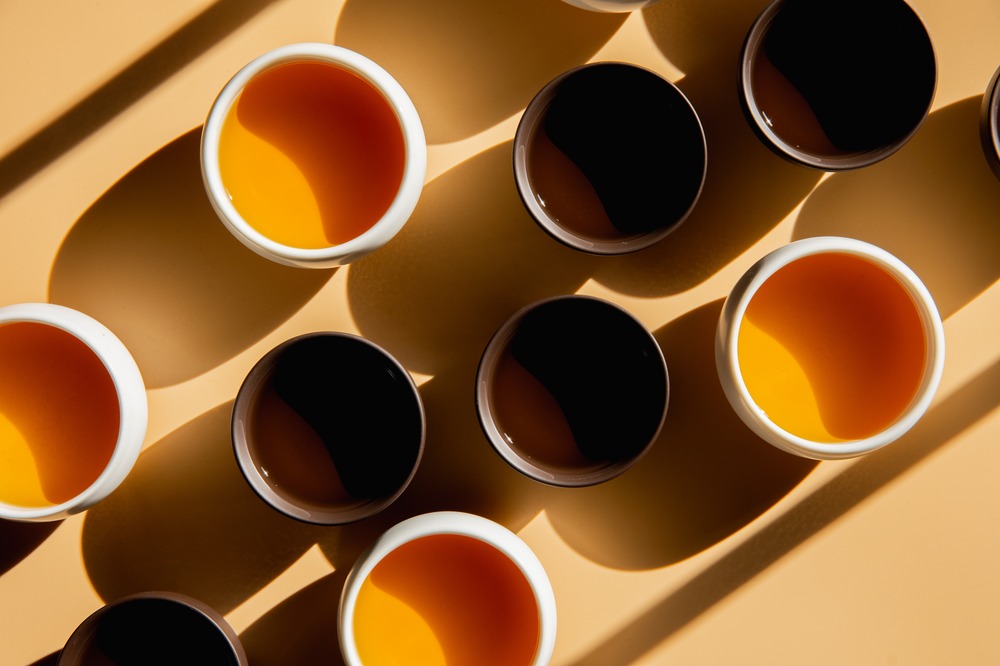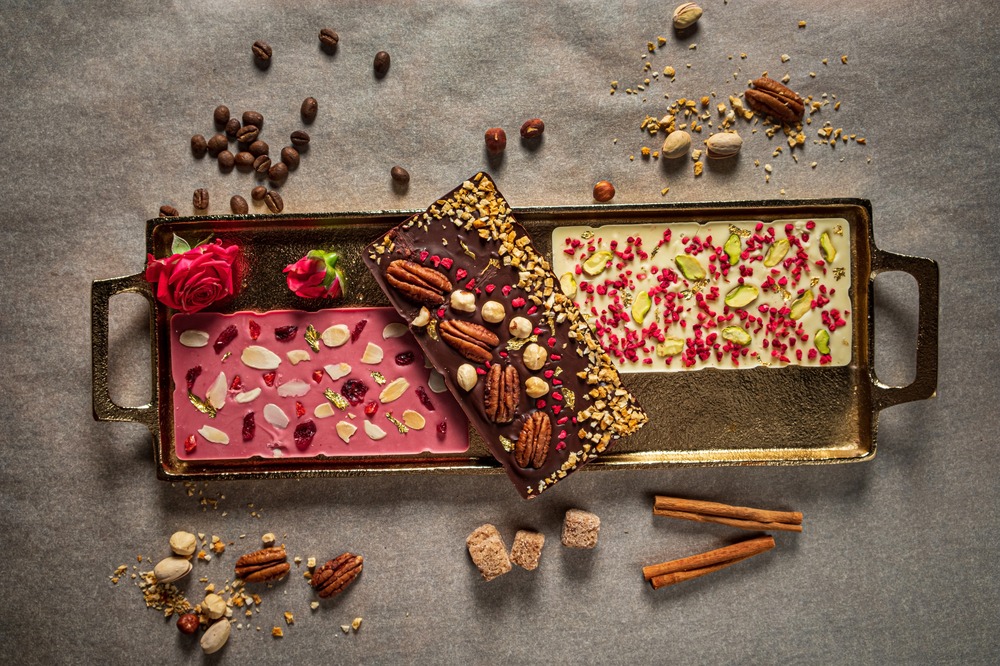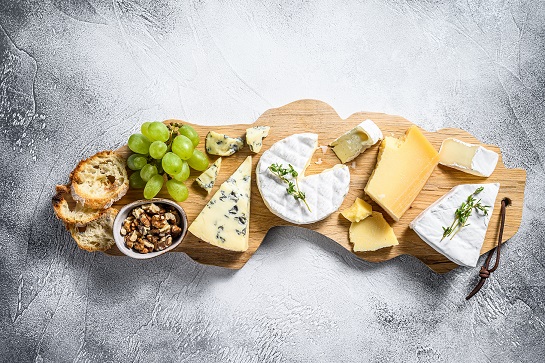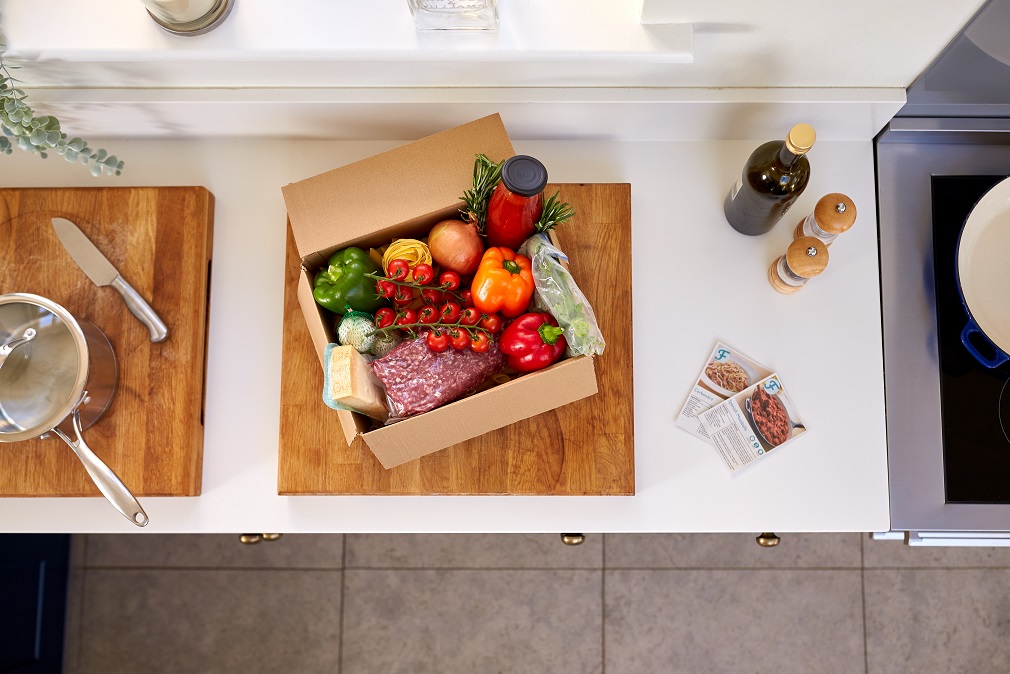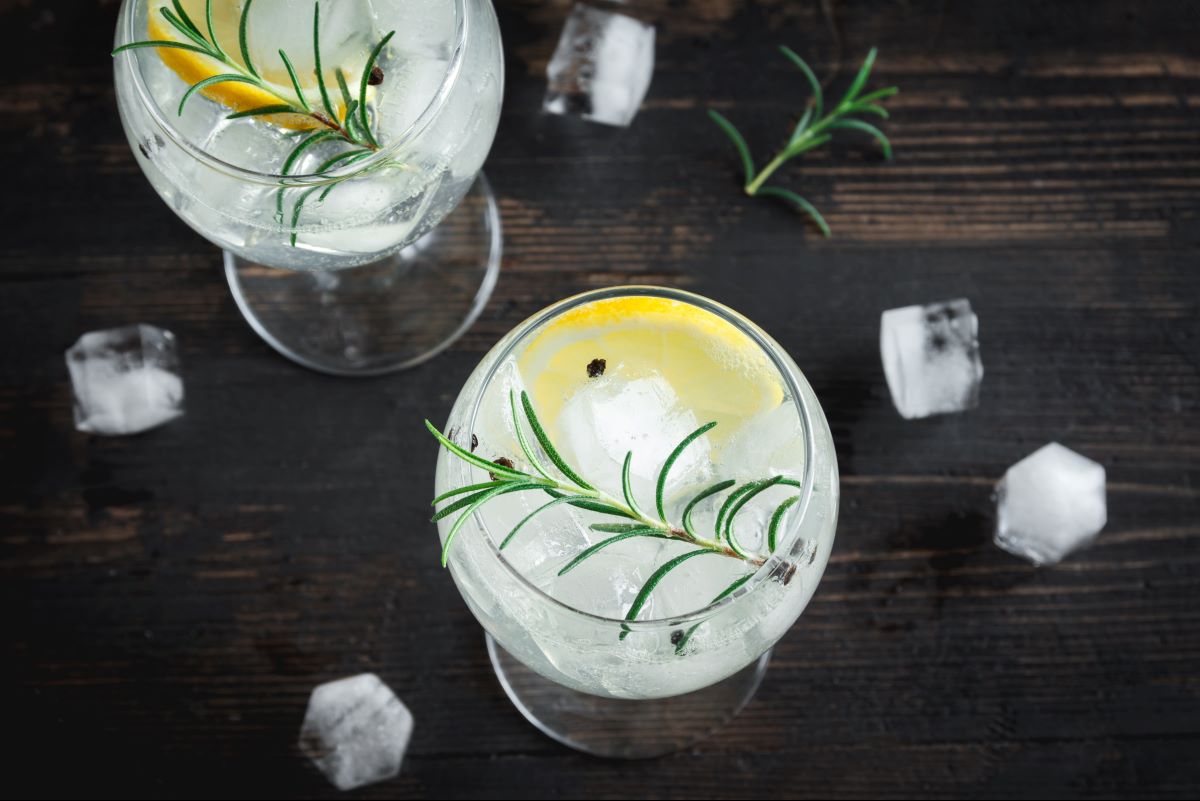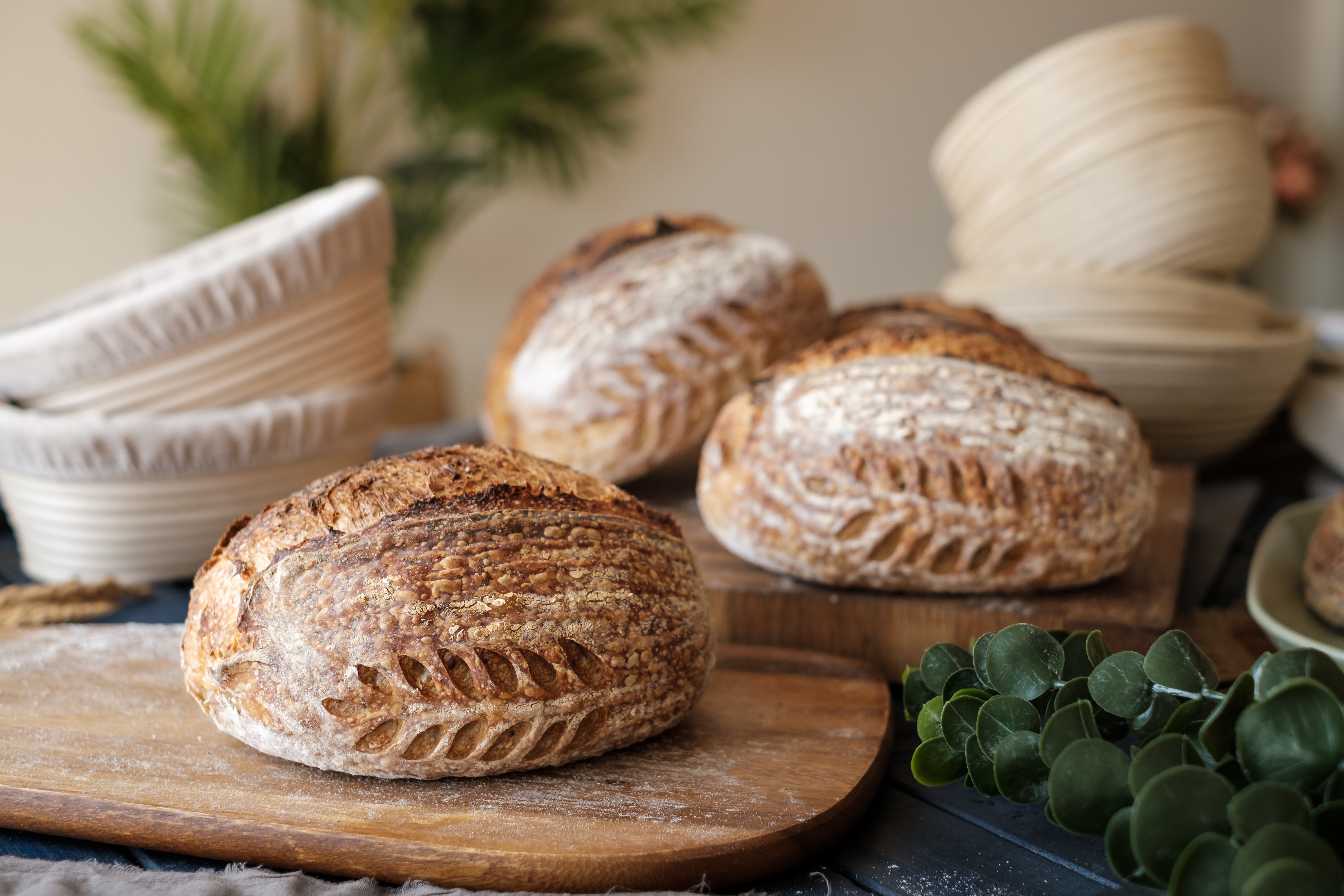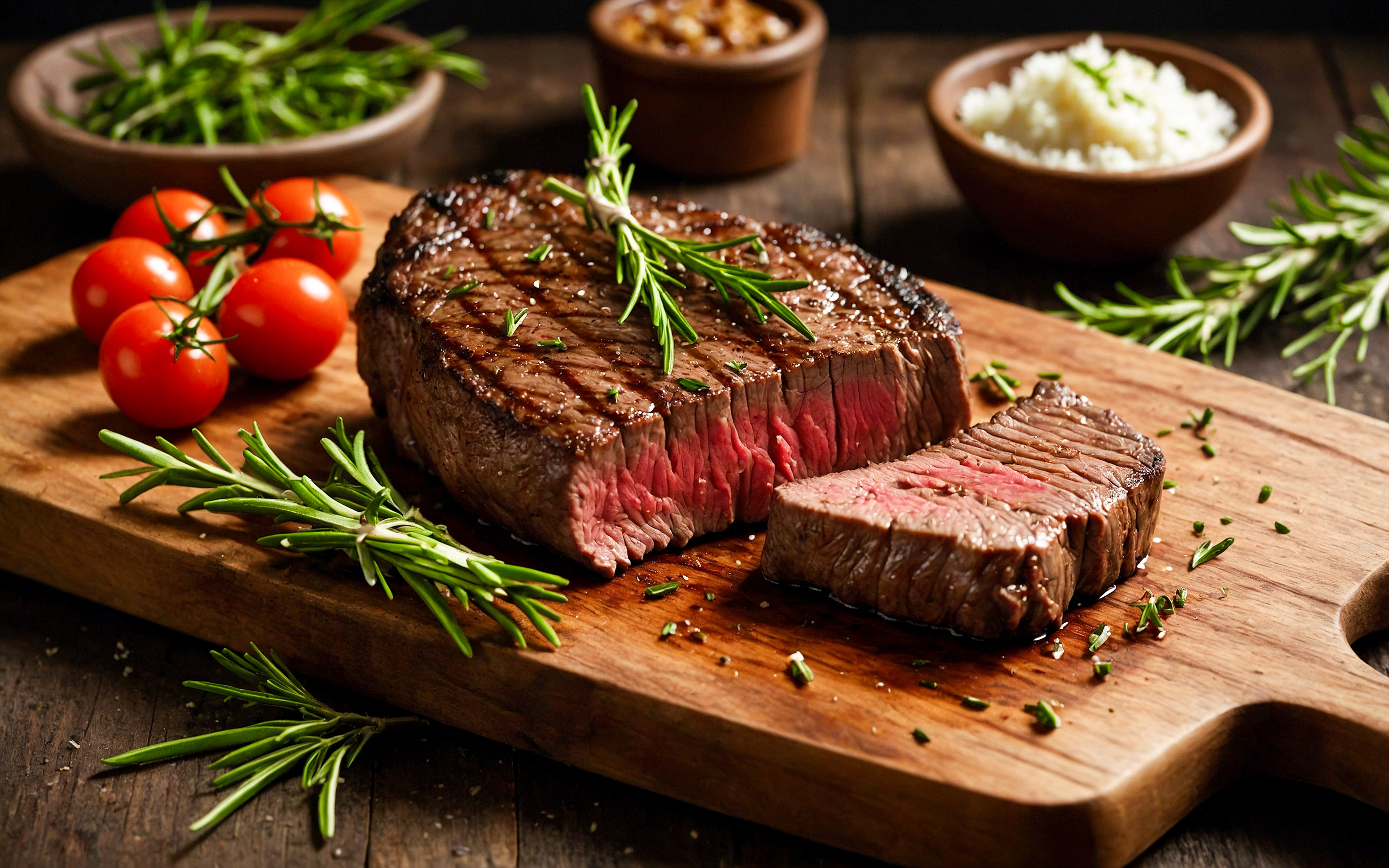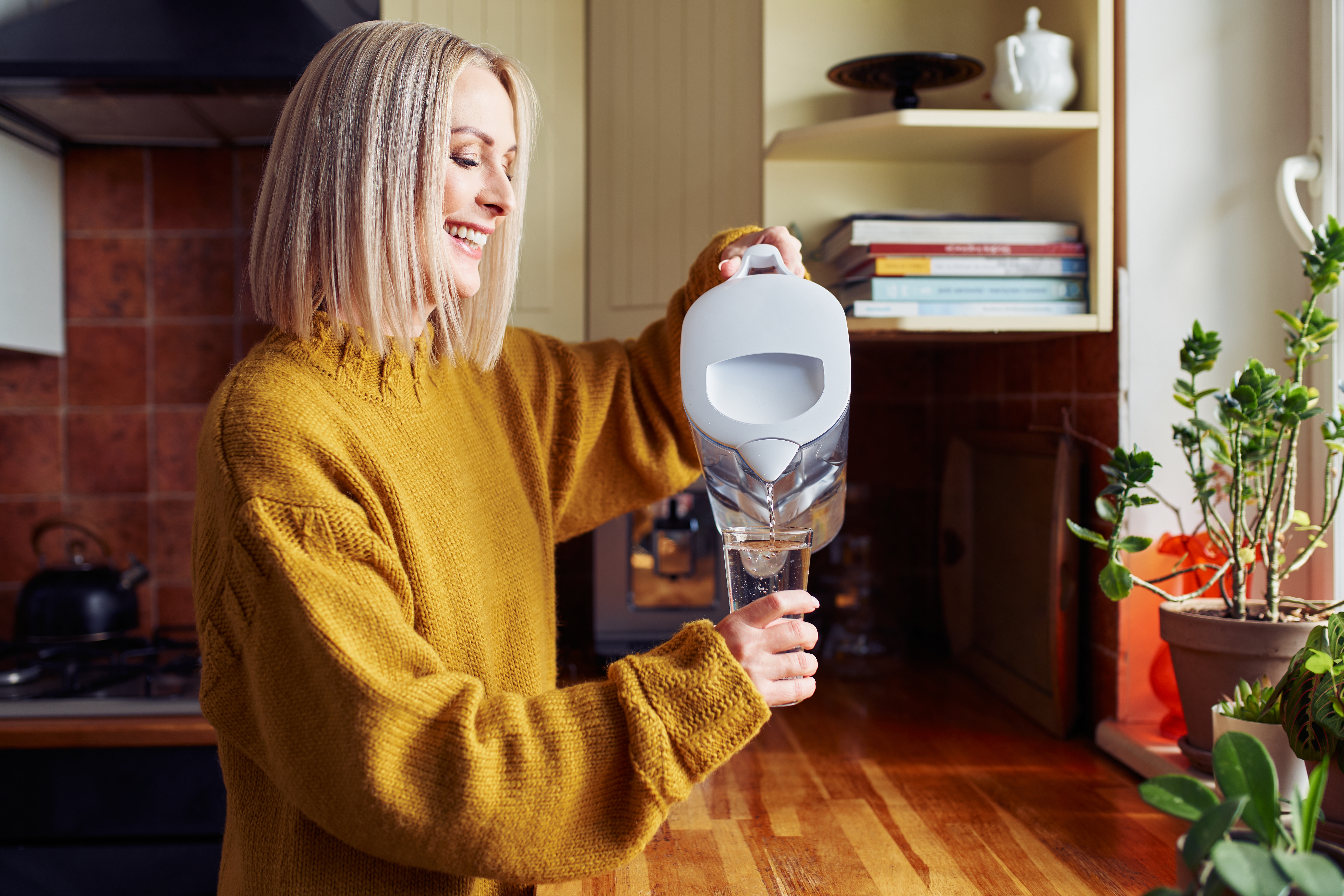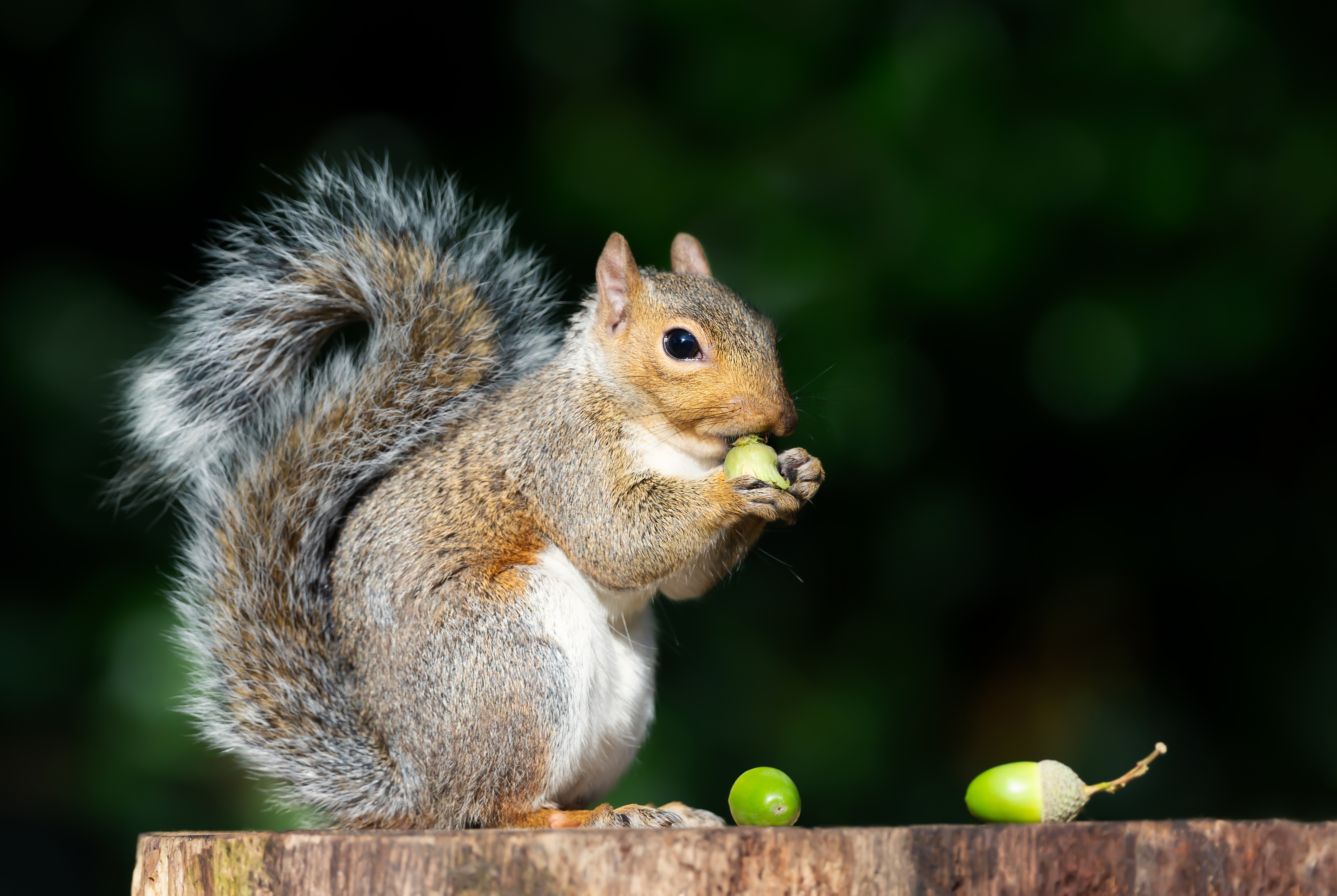Best of British
Your ultimate resource to the best British food and drink inspiration, from top culinary picks to must-visit foodie locations
Pancake toppings – Award-winning sweet & savoury ideas to try
Pancake Day is just around the corner and to help you celebrate we’ve rounded up some of our favourite pancake toppings, using award-winning ingredients from the Great British Food Awards
Want to get in on the crisp and drink pairing trend, but not sure where to start? Great British Food has some award-winning suggestions
Three simple dishes made even tastier by the inclusion of award-winning Isle of Wight tomatoes.
From brownies to bara brith, we share some of our favourite free from foods that don't compromise on flavour.
8 of the best British marmalades
8 of the best British…
Are you a fan of this tangy-sweet fruit preserve? We reveal eight of the best marmalades available…
Are you a fan of this tangy-sweet fruit preserve? We reveal eight…
7 of the best British teas
7 of the best British…
From soothing green teas to refreshing peppermint blends, we raise a cup to the best brews…
From soothing green teas to refreshing peppermint blends, we…
Tried and tested - 7 of the best British…
Tried and tested - 7…
From rich dark bars to velvety caramel creations, we celebrate the best British craft chocolates…
From rich dark bars to velvety caramel creations, we celebrate…
13 of the best English wines
13 of the best English…
From English sparkling wine to reds and rosés, we raise a toast to the best English wines…
From English sparkling wine to reds and rosés, we raise a toast…
27 of the best British cheeses
27 of the best British…
From blues to Cheddars, washed rinds to territorials, Great British Food reveals some of the…
From blues to Cheddars, washed rinds to territorials, Great British…
6 of the best food delivery box schemes in…
6 of the best food delivery…
From exquisite quality Welsh lamb to the freshest bread, you can get all manner of tasty British…
From exquisite quality Welsh lamb to the freshest bread, you…
The best British gins - tried and tested
The best British gins…
Our round-up of the best gins made in the UK today - from craft gins to innovative tipples
Our round-up of the best gins made in the UK today - from craft…
How to make perfect sourdough bread
How to make perfect sourdough…
Baker Vanessa Kimbell talks through how to achieve the perfect loaf of sourdough bread every…
Baker Vanessa Kimbell talks through how to achieve the perfect…
How to cook the perfect steak
How to cook the perfect…
So you want to cook the perfect steak? Ben Ebrell of SORTEDFood has plenty of tips and tricks…
So you want to cook the perfect steak? Ben Ebrell of SORTEDFood…
10 ways to reduce plastic in the kitchen
10 ways to reduce plastic…
We're all about living life with just a little less plastic. And the kitchen is the perfect…
We're all about living life with just a little less plastic.…
What does squirrel meat taste like?
What does squirrel meat…
Lean, free range and low in food miles. Should we all be eating grey squirrel?
Lean, free range and low in food miles. Should we all be eating…
